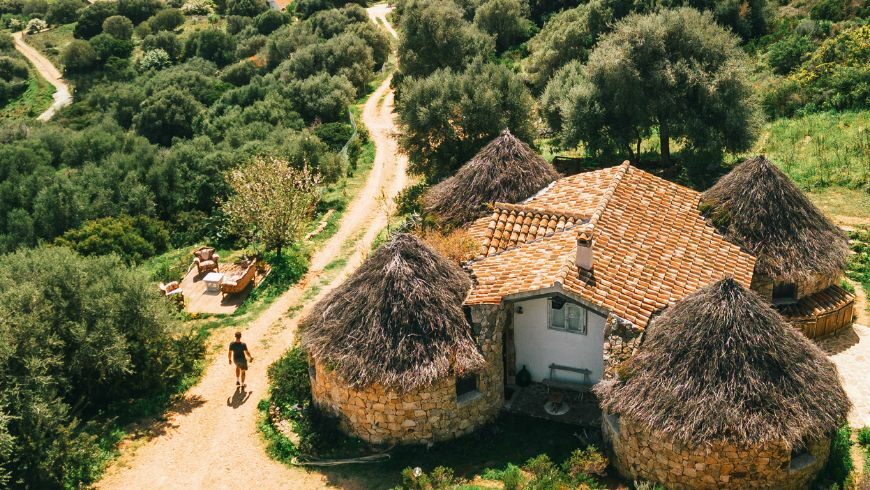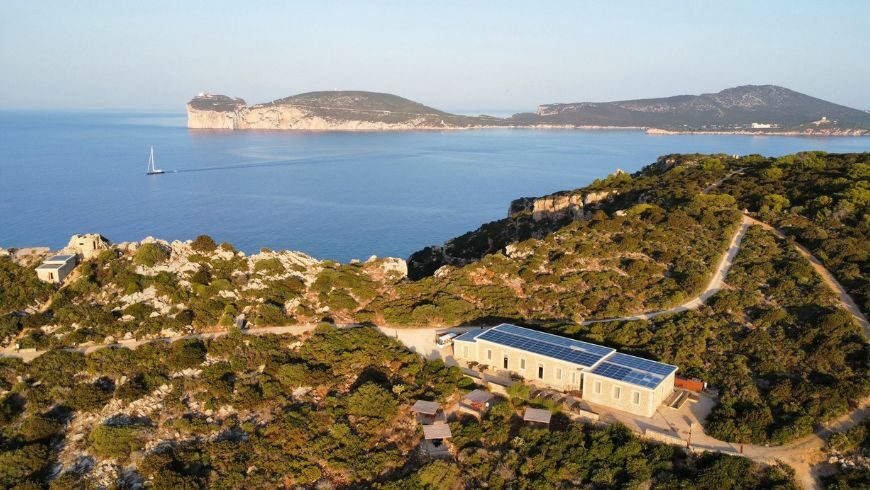In a world increasingly aware of environmental impact, sustainability is no longer just a buzzword, it’s a necessity. And in the tourism sector, this has sparked a powerful movement: green tourism. Also known as sustainable or eco-friendly travel, green tourism emphasizes minimizing negative effects on the environment while maximizing positive contributions to local communities and cultures.
Whether you’re planning your next getaway or running a travel related business, understanding and embracing green tourism can have lasting benefits for the planet, people, and even your pocket.
What Is Green Tourism?

Green tourism refers to travel practices that promote environmental preservation, support local economies, and respect cultural heritage. It’s not just about visiting forests or staying in tents. Rather, it’s about making thoughtful decisions from transportation and accommodations to dining and excursions that reduce your environmental footprint.
Key principles of green tourism include:
- Conserving natural resources
- Reducing waste and emissions
- Supporting local communities
- Promoting cultural integrity
- Educating travelers on sustainability
Why Green Tourism Matters
The tourism industry accounts for approximately 8% of global carbon emissions. That includes transport, food production, infrastructure, and more. With travel becoming more accessible than ever, the cumulative impact of tourism is massive.

Green tourism seeks to reverse that trend by offering more sustainable options. Here’s why it matters:
- Environmental Protection: It promotes preservation of biodiversity, natural habitats, and endangered species.
- Community Benefits: It ensures local communities benefit economically, often through job creation and cultural exchange.
- Personal Enrichment: Travelers gain deeper, more authentic experiences that go beyond tourist traps.
Practical Tips for Sustainable Travel
If you’re a traveler looking to reduce your environmental impact, here are some actionable tips to follow:
1. Choose Eco Friendly Accommodations

Look for hotels or lodges that have sustainability certifications, such as Green Key, EarthCheck, or LEED. These businesses are committed to energy conservation, water efficiency, and waste reduction. Platforms like Ecobnb make it easier to find eco-certified accommodations across Europe and beyond
2. Opt for Public Transport or Green Mobility
Buses, trains, and bicycles leave a much smaller carbon footprint compared to flights or car rentals. Walking tours also offer a deeper connection to your destination and its people.
3. Support Local and Ethical Businesses

Dine at locally owned restaurants, buy handmade crafts, and book tours operated by locals. Not only does this reduce carbon emissions tied to global shipping and transport, but it also supports local economies.
4. Travel Light and Responsibly
Packing light helps reduce aircraft weight, leading to lower emissions. Avoid single use plastics and bring your own reusable water bottles, utensils, and shopping bags.
5. Respect Wildlife and Natural Spaces
Always observe wildlife from a distance and never feed animals. Stick to designated trails to avoid disrupting ecosystems.
Green Tourism Destinations Worth Visiting

Some destinations are leading the charge in sustainable tourism. Here are a few worth exploring:
- Costa Rica: A model for eco tourism, with national parks, wildlife reserves, and green certified lodges.
- Slovenia: Recognized as one of the most sustainable countries in the world with a strong focus on green mobility and local culture.
- New Zealand: A haven for outdoor enthusiasts, with conservation efforts protecting its diverse ecosystems.
- Bhutan: Known for its “Gross National Happiness” index, Bhutan limits mass tourism and invests in sustainability.
These countries prove that it’s possible to welcome tourists while maintaining environmental and cultural integrity.
How Travel Businesses Can Go Green
If you operate a tourism-based business, you don’t have to overhaul everything overnight to become more sustainable. Small, strategic steps can make a big difference:
- Implement Waste Reduction Programs: Reduce, reuse, and recycle. Encourage digital over print materials.
- Partner with Eco-Friendly Suppliers: Work with companies that value sustainability, from tour operators to food vendors.
- Train Staff on Sustainable Practices: Ensure everyone on your team understands and supports your green initiatives.
- Educate Your Guests: Provide information on local conservation efforts, responsible behaviors, and eco-friendly options.
The Future of Green Tourism

Sustainability in tourism isn’t a passing trend it’s the future. As climate concerns intensify and traveler values shift, demand for eco-friendly experiences will only grow. In fact, studies show that nearly 80% of global travelers believe sustainable travel is important, and over 60% actively seek eco-friendly accommodations.
Technology is also helping drive change. From carbon footprint calculators to apps that recommend sustainable restaurants, it’s easier than ever to make informed choices on the go.
Final Thoughts
Green tourism is more than a travel style, it’s a mindset. Whether you’re a solo backpacker, a family traveler, or a business in the tourism industry, embracing sustainability is no longer optional. It’s a shared responsibility that benefits everyone involved, especially the planet.
Start small. Stay mindful. And next time you plan a trip or run a campaign, consider how your choices shape the world around you.




